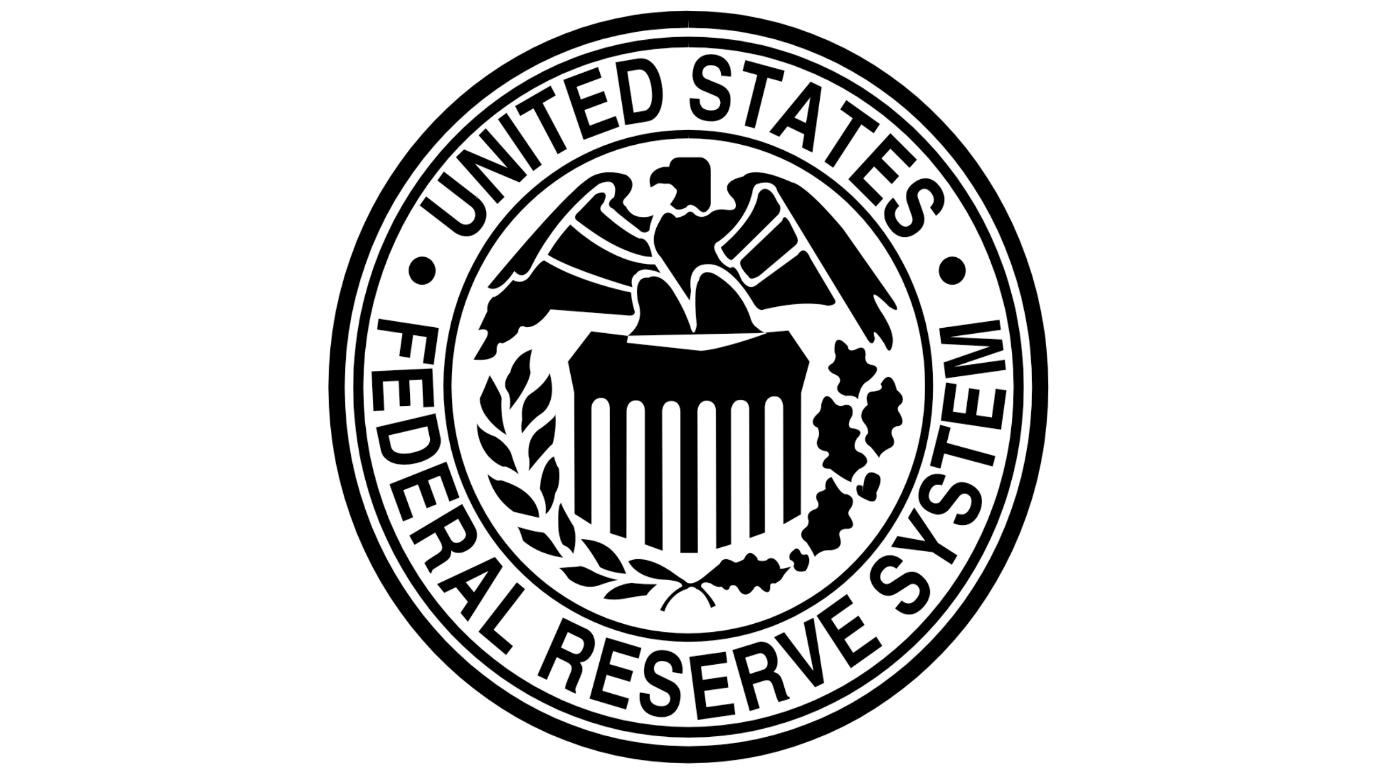
Why Skills-First Leadership Is Replacing the Ivy League Playbook in the C-Suite
The old prestige pyramid—where Ivy League degrees and blue-chip consulting backgrounds paved the way to the CEO seat—is cracking.

October 15, 2021: -On Wednesday, Federal Reserve officials could begin reducing the great help they’ve been providing to the economy by as soon as mid-November, according to minutes from the central bank’s September meeting released. The meeting summary indicated members feel the Fed has come close to reaching its economic goals and soon could begin normalizing policy by reducing the pace of its monthly asset purchases.
In a process known as tapering, the Fed would slowly reduce the $120 billion a month in bond buys. The minutes indicated the central bank probably would start by cutting $10 billion a month in Treasurys and $5 billion a month in mortgage-backed securities. The Fed is currently buying at least $80 billion in Treasurys and $40 billion in MBS.
The target date to end the purchases should there be no disruptions would be mid-2022.
The minutes noted, “participants generally assessed that, provided that the economic recovery remained broadly on track, a gradual tapering process that concluded around the middle of next year would likely be appropriate.”
“Participants noted that if a decision to begin tapering purchases occurred at the next meeting, the process of tapering could commence with the monthly purchase calendars beginning in either mid-November or mid-December,” the summary said.
The Fed next meets Nov. 2-3. Starting the tapering process in November is on the aggressive side of market expectations.
The minutes said members’ estimates “were consistent with a gradual tapering of net purchases being completed in July of next year.”
“If they announce [tapering] in November, I don’t see why they would wait. Just go ahead and get going,” said Kathy Jones, chief fixed-income strategist at Charles Schwab. Jones said she was a bit surprised by a notation in the minutes that “several” members “preferred to proceed with a more rapid” tapering pace.
“That would be pretty aggressive,” she said. “There must be some outspoken people who are pretty concerned that they need to move even faster.”
St. Louis Fed President James Bullard is one such member, telling CNBC on Tuesday that he thinks tapering should be more aggressive if the Fed needs to rate interest rates next year to combat persistent inflation.
At the September policymaking session, the committee voted unanimously to hold the central bank’s benchmark short-term borrowing rate at zero to 0.25%.
The committee also released a summary of its economic expectations, including GDP growth, inflation, and unemployment projections. Members scaled back their GDP estimates for this year but upped their inflation outlook and indicated they expect unemployment to be lower than earlier estimates.

The old prestige pyramid—where Ivy League degrees and blue-chip consulting backgrounds paved the way to the CEO seat—is cracking.

Loud leaders once ruled the boardroom. Charisma was currency. Big talk drove big valuations.

But the CEOs who make history in downturns aren’t the ones with the deepest cuts

Companies invest millions in leadership development, yet many of their best executives leave within a few years. Why?

The most successful business leaders don’t just identify gaps in the market; they anticipate future needs before anyone else.

With technological advancements, shifting consumer expectations, and global interconnectedness, the role of business leaders

Following a distinguished Law Enforcement career Joe McGee founded The Securitatem Group to provide contemporary global operational specialist security and specialist security training products and services for private clients, corporate organisations, and Government bodies. They deliver a wide range of services, including complete end-to-end protection packages, close protection, residential security, protection drivers, and online and physical installations. They provide covert and overt investigations and specialist surveillance services with a Broad range of weapons and tactical-based training, including conflict management, risk and threat management, tactical training, tactical medicine, and command and control training.

Jay Wright, CEO and Co-Owner of Virgin Wines infectious energy, enthusiasm, passion and drive has been instrumental in creating an environment that encourages talent to thrive and a culture that puts the customer at the very heart of every decision-making process.

Fabio de Concilio is the visionary CEO & Chairman of the Board at Farmacosmo, a leading organization dedicated to mental health and community support services. With a deep commitment to identifying and meeting customer needs, Fabio ensures that high standards are maintained across the board.

Character Determines Destiny – so said Aristotle. And David CM Carter believes that more than anything else. For David, it has been numerous years of research into codifying Entelechy Academy’s 54 character qualities that underpin everything he stands for as a leader and teacher.


Leave us a message
Subscribe
Fill the form our team will contact you
Advertise with us
Fill the form our team will contact you